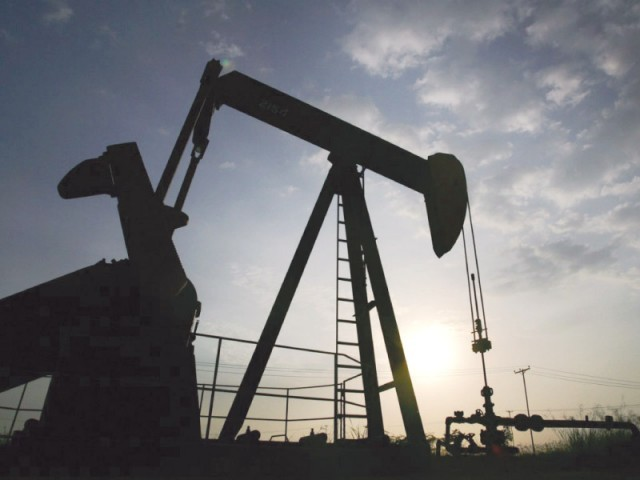
"Oil demand usually grows at the steepest pace in the third quarter ... We could face a deficit if we don't take measures," Russian Energy Minister Alexander Novak told reporters. "In our view, this could lead to market overheating."
Novak said Russia wanted OPEC and non-OPEC to raise output by 1.5 million barrels per day (bpd), effectively wiping out existing production cuts of 1.8 million bpd that have helped rebalance the market in the past 18 months and lifted oil prices to $75 per barrel from as low as $27 in 2016.
The Organization of the Petroleum Exporting Countries meets on Friday to decide output policy amid calls from major consumers such as the United States and China to cool down oil prices and support the global economy by producing more crude. OPEC's de facto leader, Saudi Arabia, and non-member Russia have proposed gradually relaxing production cuts – in place since the start of 2017 – while OPEC members Iran, Iraq, Venezuela and Algeria have opposed such a move.
Oil buffer could shrink to lowest since 1984
Three OPEC sources told Reuters a technical panel – the organisation's economic commission – met on Monday to review the market outlook and forecast strong global demand for oil during the rest of 2018.
"If OPEC and its allies continue to produce at May levels then the market could be in deficit for the next six months," one of the sources said. Some countries including Algeria, Iran and Venezuela said at the panel meeting that they still opposed an output increase, one of the sources said. Demand growth has surprised market watchers on the upside in the past two years, with annual increases exceeding 1.5%.
Global oil consumption is expected to hit 100 million bpd next year. Novak said that if a decision were taken this week to raise output, OPEC and its allies could meet again in September to review the impact and fine-tune production policy.








1719053250-0/BeFunky-collage-(5)1719053250-0-270x192.webp)








COMMENTS
Comments are moderated and generally will be posted if they are on-topic and not abusive.
For more information, please see our Comments FAQ